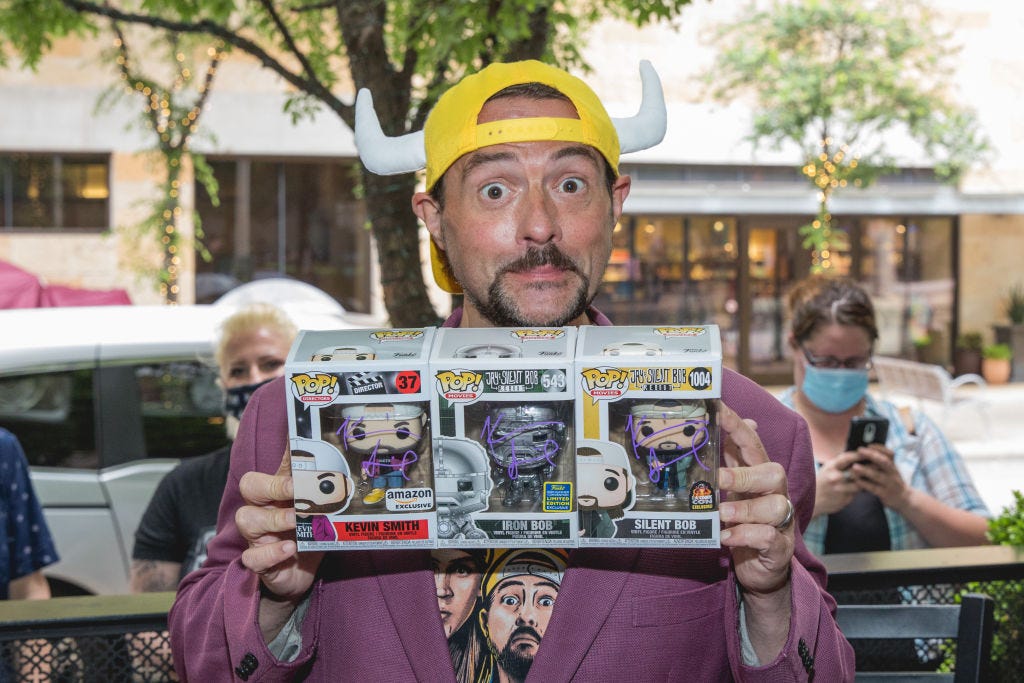💥Zero Fun💥
Funko Inc. ($FNKO) in the doldrums; Selecta ushers in coop battles.
Funko, Inc. ($FNKO) (“Funko” or the “company”) is the Everett, WA-based toymaker, best known for its Funko Pop! vinyl figures featuring characters from film, television, video games, music, sports, anime, and other pop culture content. In addition to its “Core …


